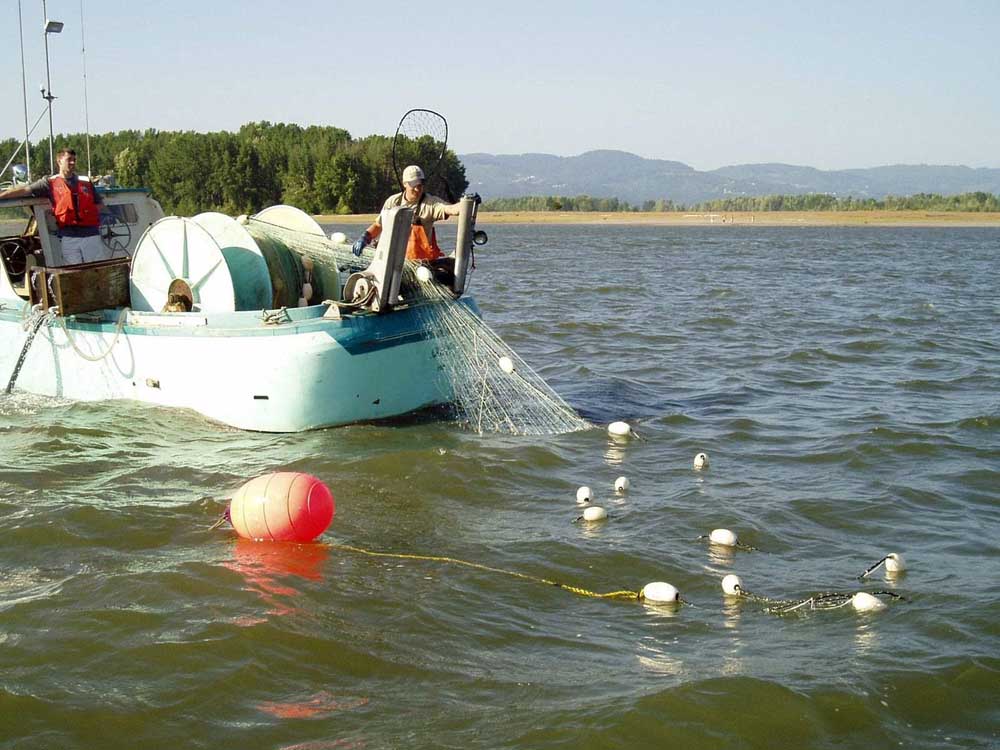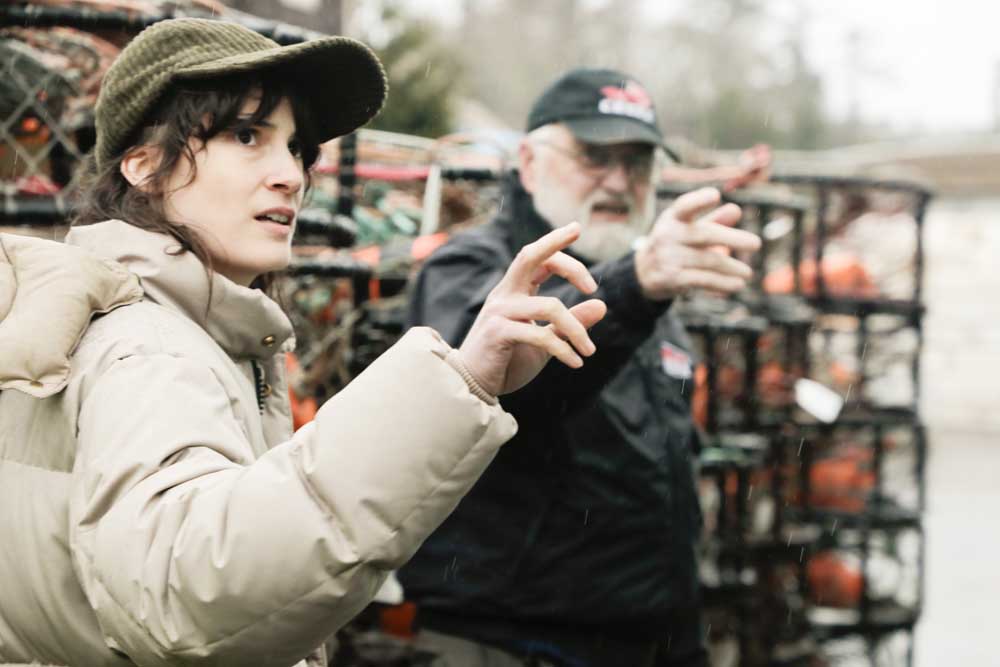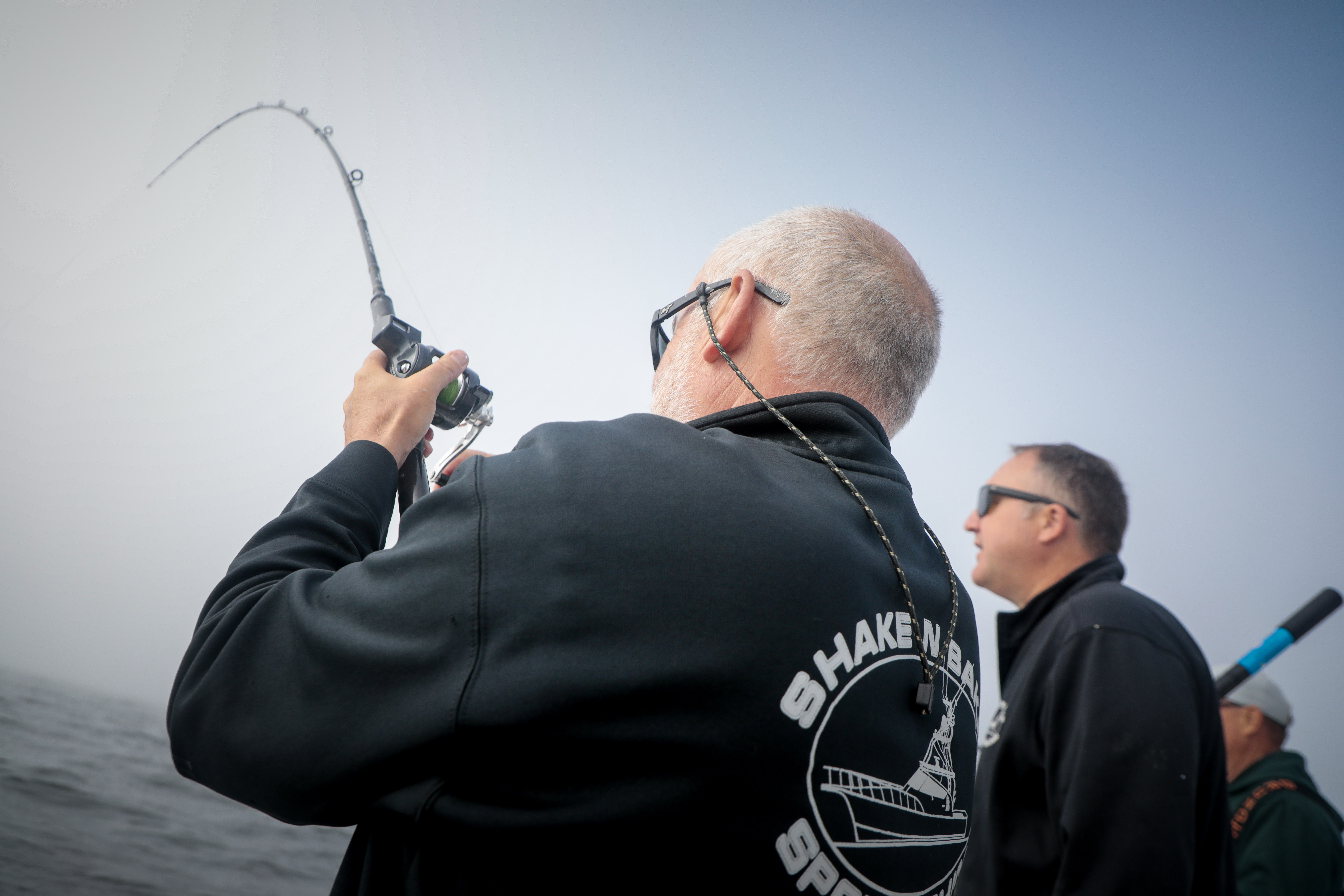Editorial: Gillnet ban harms rural people without helping salmon
Published 9:03 am Monday, February 20, 2023

- Gillnetting would be banned in the main portion of the Columbia River estuary under legislation pushed by Gov. Jay Inslee.
Gov. Jay Inslee is trying to pick rural Southwest Washington’s pocket.
Trending
At his request, the state Senate is considering legislation — Senate Bill 5297 — to ban non-tribal gillnets on the Washington side of the Lower Columbia River starting in 2025.
Conservationists and recreational anglers have sought the ban for years in the name of preserving Columbia River salmon and steelhead runs, 12 of which are endangered or threatened.
This is the culmination of decades of effort to get commercial fishers off the river. It won’t do much to reverse the decline of the great river’s salmon runs, which used to approach 20 million adult returns annually. It is a classic example of fighting over the last fish.
Trending
Gillnetting is part of the area’s heritage, with many Columbia River commercial fishing families going back three generations. The industry brings money, character and a sense of community to small towns like Chinook, Ilwaco and Cathlamet. Gillnetters are this region’s last hunter-gatherers and share an ethos about nature and community that also is endangered.
Angling groups have long perpetuated the myth that gillnets are a major and indiscriminate cause of salmon decline. No doubt, commercial over-harvest of stocks decades ago certainly contributed. Old pictures of bloody, slimy, cascading heaps of salmon that glutted canneries a century ago are a head-shaking reminder of the profligate use of a natural resource.
However, Columbia gillnet seasons for a long time now have been carefully regulated, constrained and scheduled to limit bycatch of threatened wild runs and target hatchery stocks instead.
There are limits on the number of wild Chinook that can be caught, for example, and all fisheries are shut down when that number is reached. This means that sometimes more plentiful hatchery fish (identifiable by a clipped fin) don’t get caught, and that riles sports anglers, who call it a waste. However, this is a matter of who gets the fish, not a matter of conservation — and this exposes the hidden agenda here: to shift the catch to sports anglers.
Commercial fishing is a way those of us who do not own boats or rods or nets get to enjoy the resource at the dinner table, too. This may be one reason voters in both Oregon and Washington have rejected earlier proposals to ban gillnetting.
Wild salmon inadvertently caught in any fishery must be returned to the river. While gillnet mortality is high — studies estimate about 50% — hook-and-release mortality also is significant. And because there are far more sports anglers than gillnetters, they are much more difficult to regulate and monitor.
The commercial by-catch of threatened runs in the Columbia is minimal — and likely far, far less of a problem than the predation caused by sea lions, Caspian terns and cormorants. It’s better to agitate for further predator control than to kill off champions of the fish.
Gillnetters have lobbied for fish ladders on dams and other habitat improvements. They have backed efforts to control predators. Loss of their voices — which are passionate due to their need to sustain their livelihoods — will weaken advocacy for the runs.
You can argue that anything is worth trying after billions of investment in salmon restoration over the last 30 years has failed to recover the fish. Still, it’s important to remember that salmon runs are cyclical and have had periods of abundance even while gillnetting continued. Drought, poor ocean survival and loss of habitat and urban development are all to blame. Making gillnetters the bogeyman for the fisheries decline won’t solve anything.
If the legislation becomes law, tribal gillnetters will continue to operate on the Columbia upstream of Bonneville Dam. And so far efforts to ban gillnetting on the Oregon side of the river have failed. So this legislation would cause a bureaucratic and jurisdictional mess.
Many Lower Columbia gillnetters earn the bulk of their living in Alaska and other fisheries, but they bring their income home here. That would be lost if they close down or move away.
Gillnetting is part of the area’s heritage, with many Columbia River commercial fishing families going back three generations. The industry brings money, character and a sense of community to small towns like Chinook, Ilwaco and Cathlamet. Gillnetters are this region’s last hunter-gatherers and share an ethos about nature and community that also is endangered.
The decline of natural resource-based economies is one reason that rural Southwest Washington has shifted so far to the political right in recent years. With this legislation Gov. Inslee, a Democrat who nixed the proposed Kalama methanol plant, would further undercut this region’s small town livelihoods. Lower Columbia fishing communities have already struggled financially and socially due to the decline of fishing. The Legislature should not make it worse by hooking gillnetters off the river.
The only local legislator on a committee that could deal with this bill is state Rep. Ed Orcutt, R-Kalama, a member of the House Agriculture & Natural Resources Committee. Unfortunately, state Sens. Ann Rivers, R-La Center, and Lynda Wilson, R-Vancouver, are sponsors of SB 5297.
This writer tried unsuccessfully to reach Orcutt over the last three days, but we urge you to write to him and other local legislators — all members of the Republican minority — to oppose this bill. The fish are in trouble, but this bill is no fix.









